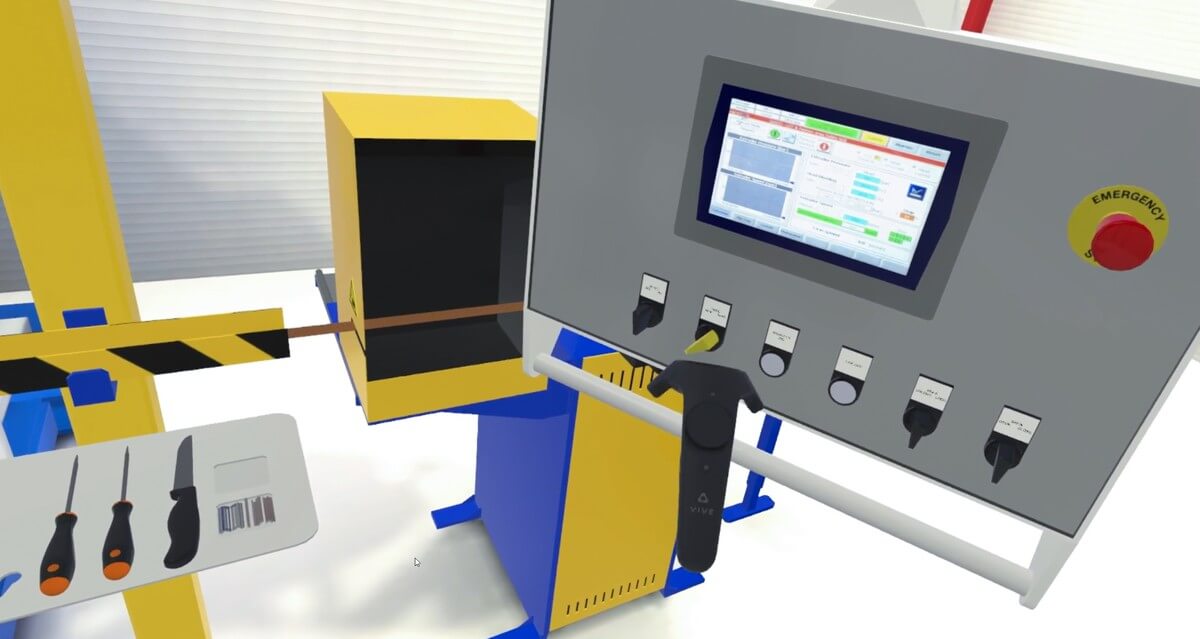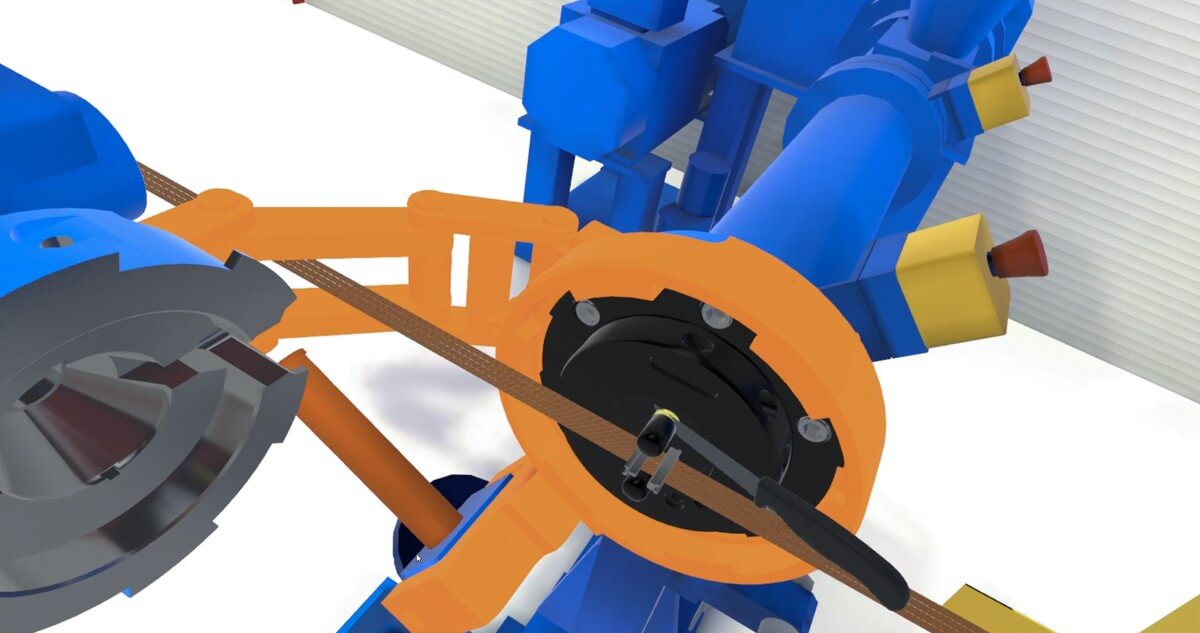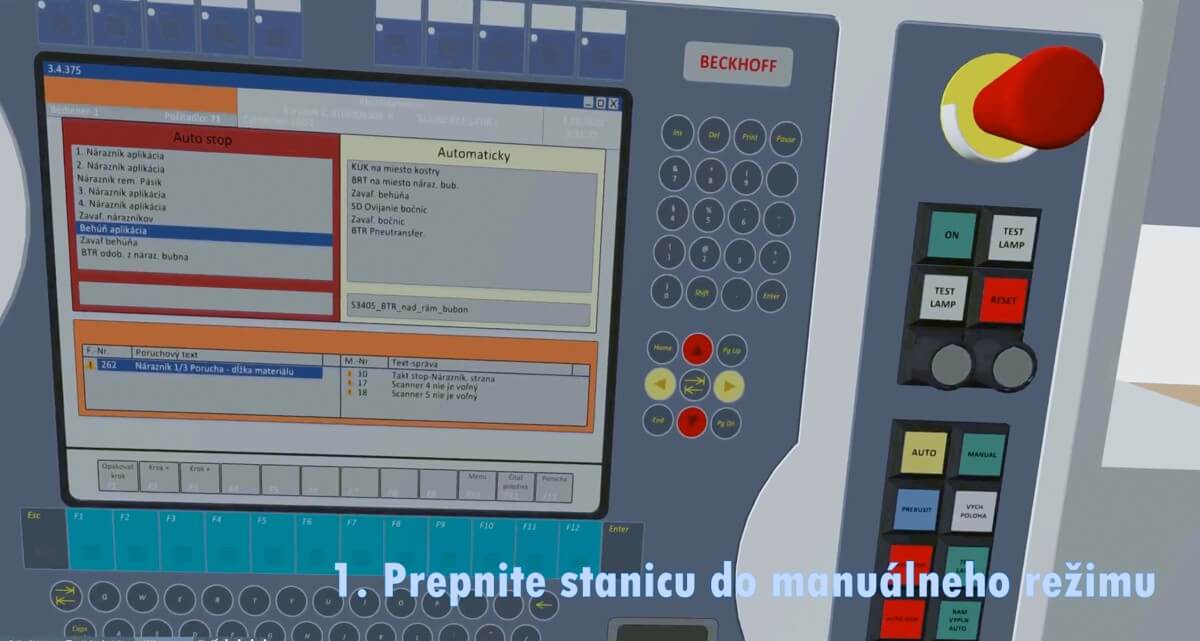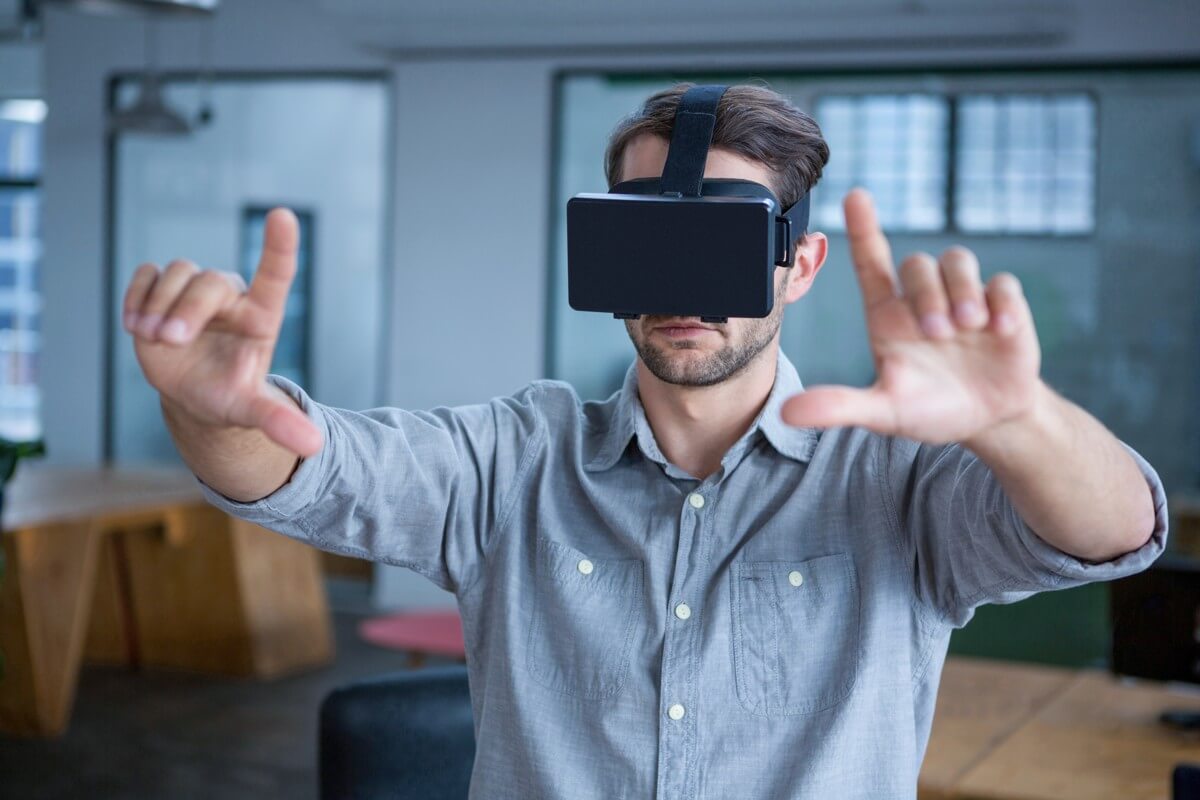VR / AR trainings
Employee training uses new information and communication technologies to acquire the necessary knowledge and skills. Digital technologies serve as a tool for the educational process and can be used either in the form of digital training materials or virtual simulators of the real environment with full possibilities of interaction with such an environment. They make it possible to accompany a trainee employee in the process of acquiring knowledge in very specific areas. Digital technologies are used to improve the skills acquisition process, especially concerning thinking and behaviour of employees in crisis situations.
Current applications of virtual reality (VR) in the educational process provide a very interesting picture in the implementation of training, while virtual training means training performed in a virtual or simulated environment. The tutor and the student do not even have to be in the same room. Virtual trainings within our environment are designed to complement traditional trainings and learning experiences. Virtual training is getting closer to reality thanks to 3D graphics, the aim of which is to create the most faithful display of real objects in space, manipulation with them, and movement in a three-dimensional environment, all in real time.
The basic components for our VR training are a combination of a selected hardware configuration and a customer-oriented software solution, such as:
- display platform with a powerful computer station,
- VR glasses,
- controllers for interacting with the virtual environment and the virtual objects contained in such environment,
- software solution tailored to each customer and training specifics,
- advanced 3D design and graphic display, which strives for the most accurate display of the simulated real environment,
- software part for controlling individual trainings and a trainer using the traditional form of training.
The basic application areas of our company’s virtual trainings for customers include:
- maintenance and service interventions,
- assembly activities in ongoing production,
- compliance with occupational health and safety in the performance of work,
- simulation of production process activities,
- simulation of activities in securing logistics, warehousing and service processes.
In fact, education supported by innovative technologies has become one of the key topics in the discussions on streamlining the whole educational process, as quality and modern education can be a key lever in the sustainable development of industrial companies.

For more information do not hesitate to contact us:
Filip Hanker



